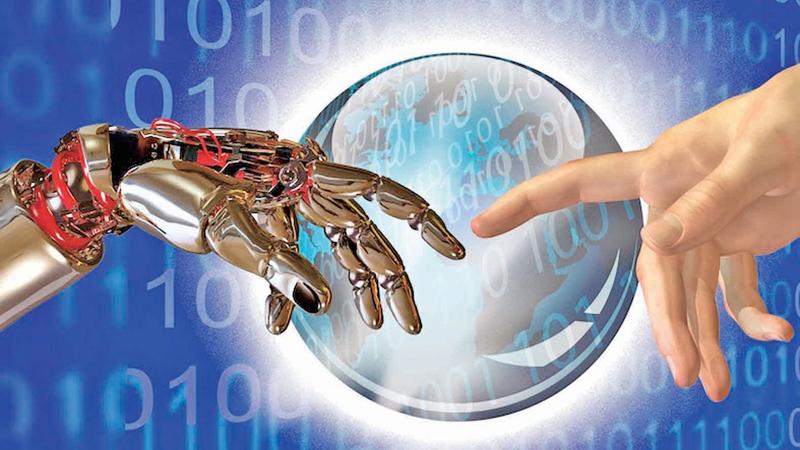
The Fourth Industrial evolution (4IR) should lead to addressing public expenditure deficiency. The South Asian region does not have an assessment of public expenditure deficiency. This is where governance plays a crucial part, Professor, National Institute of Public Finance and Policy, India, Prof. N.R Bhanumurthy, told a session on ‘Providing Macroeconomic Stability for Growth During 4IR’, at the 12th South Asia Economic Summit in Colombo last week.
He said, for India more than fiscal and current account deficits, the data deficit is a major factor that could cause instability in the economy. Growth is limited due to expenditure compression and this is the mindset of many.
“Our problem is the whole understanding about how data helps fiscal policy formation. Financing is not an issue. The problem is many of our countries don’t have the data base for expense. We think more of outlays than understanding the fiscal multipliers,” Prof. Bhanumurthy said.
He said the 4IR should help increase the tax base. The role of technology is to increase the tax base. India has substantially increased the number of people in the tax base. India targets a US$ 5 trillion economy by the next five years. “The catch here is we need to increase productivity. Spending on human development will have a long lasting impact on fiscal growth,” he said.
Executive Director, SDPI Pakistan, Dr. Abid Suleri said unless fiscal management systems are in order and we harness digitisation for better revenue collection and expenditure management it will not translate into benefiting from the fruits of 4IR.
“In the formation of monetary policy in the State Bank of Pakistan we discuss growth numbers and not the structures and drivers of growth which is essential to know how technological disruptions will impact exports and the economy.
“Short run fixes will not help curtail imports. The issue is how do we increase productivity in manufacturing to increase value added products and go into new markets. Artificial intelligence and bloc chains can be used to increase exports and manufacturing. Productivity led economic growth will help address social inequality,” Dr. Suleri said, adding that policy makers have not really plugged into how technology is transforming economies.
Panelists said the world stands on the brink of a technological revolution that will fundamentally alter the way we live, work, and relate to one another.
In its scale, scope, and complexity, the transformation will be unlike anything humankind has experienced before. We do not yet know just how it will unfold, but one thing is clear: the response to it must be integrated and comprehensive, involving all stakeholders of the global polity, from the public and private sectors to academia and civil society. The First Industrial Revolution used water and steam power to mechanise production. The Second used electric power to create mass production.
The Third used electronics and information technology to automate production. Now a Fourth Industrial Revolution is building on the Third, the digital revolution that has been occurring since the middle of the last century. It is characterised by a fusion of technologies that is blurring the lines between the physical, digital, and biological spheres.
